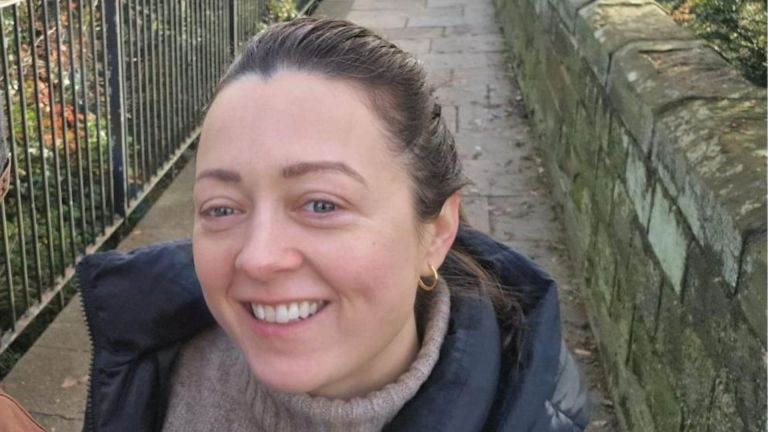At the heart of the crisis, however, were vulnerable people going through claims alone, resulting in poor-quality asylum decisions, traumatised asylum seekers, and wasted taxpayer money, according to those closely involved in the system.
‘I could be making a lot more money as a dodgy immigration lawyer’
At the same time as Amy was pushing back interviews, an academic in Birmingham found his job becoming something unexpected. Seb Rumsby’s phone would ring, and on the other end were Vietnamese asylum seekers, passed his number by friends and friends-of-friends. They were calling him because, from September 2023, he’d developed a reputation among the community as somebody who would help them find a lawyer.
It had begun with a desire to find out about the lived experiences of Vietnamese people who’d recently come to the UK. But to win the trust needed to follow his “research participants” through their everyday lives, he realised he needed to help them. Using the Vietnamese he’d learnt while living and researching in Vietnam, he grew aware of a common problem.
“It was clear that most of the research participants seeking asylum weren’t getting the legal aid that they were in theory entitled to. And they didn’t necessarily know they were entitled to it, either. That was alarming”, Rumsby said.
Making calls on their behalf, he soon realised it was near-impossible to find a legal aid lawyer willing to take on the cases. Firms had either stopped taking on asylum cases or had huge waiting lists. In Coventry, where Rumsby lives, there is not a single firm doing the work. In total, he had 10 people asking for help. After trying to sort out help for a few, he realised he would be unable to help the rest.
Without legal aid, the asylum seekers turned elsewhere. Some borrowed money to pay for a private lawyer, putting themselves in debt and making their situation more vulnerable. Others simply tried to navigate the process without help, only realising there was a problem after tanking interviews with the Home Office. It resulted in, Rumsby said, “huge amounts of wasted time and bureaucracy.” Eventually, he was able to find a solicitor for one of his research participants. But it was an eye-opening experience.
Advertising helps fund Big Issue’s mission to end poverty
“I could be making a lot more money as a dodgy immigration lawyer,” said Rumsby. “The saddest thing is this feeling that people have to live under the radar.”
Read more of the Big Issue’s investigation series into how the broken legal aid system harms asylum seekers:
‘I got physically sick’
Unable to find a lawyer, Amy faced having to recount her traumatic experiences to a stranger on her own. Upon arrival in the UK in 2022, it had taken her six months to find a legal aid lawyer. But when he took on her case, she asked for a female caseworker to speak to, as she was uncomfortable discussing what had happened to her with a man. They didn’t do that, they said, and dropped her case.
This began another period of six months, trying to find a legal aid solicitor who would take on her case. With the help of Women Against Rape, an organisation based in a women’s centre in north-west London, she found one. In the meantime, the requests from the Home Office kept coming. After the third request, her GP wrote a letter saying she wasn’t fit for an interview for at least three months. The Home Office then sent her another request.
“I was anxious about if I go, if I don’t go maybe they will do something. The Home Office said if I don’t come they might dismiss my case. This gave me panic attacks,” she said.
“I got physically sick.”
Advertising helps fund Big Issue’s mission to end poverty
Organisations working in the Crossroads Women’s Centre, where Women Against Rape is based, found they used to be able to refer women to lawyers. But they gave up trying to refer directly as they didn’t have the resources to spend hours on the phone, said Emily Burnham, a casework coordinator for Women Against Rape.
“We were working closely with a woman, or she was in particularly urgent need, we knew that if we emailed several firms that we work with, that we would more often than not be able to find her a lawyer – especially for people claiming asylum for the first time,” said Burnham.
“But that is no longer the case”.
A government spokesperson said: “We are committed to ensuring legal advice is available to those who need it most. The Legal Aid Agency regularly monitors the level of support available, taking swift action wherever issues arise.”
Do you have a story to tell or opinions to share about this? Get in touch and tell us more. Big Issue exists to give homeless and marginalised people the opportunity to earn an income. To support our work buy a copy of the magazine or get the app from the App Store or Google Play.









